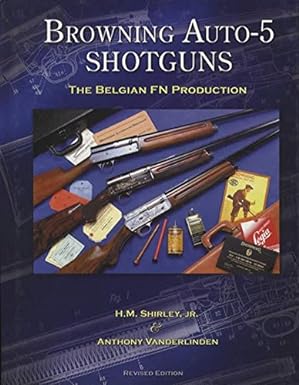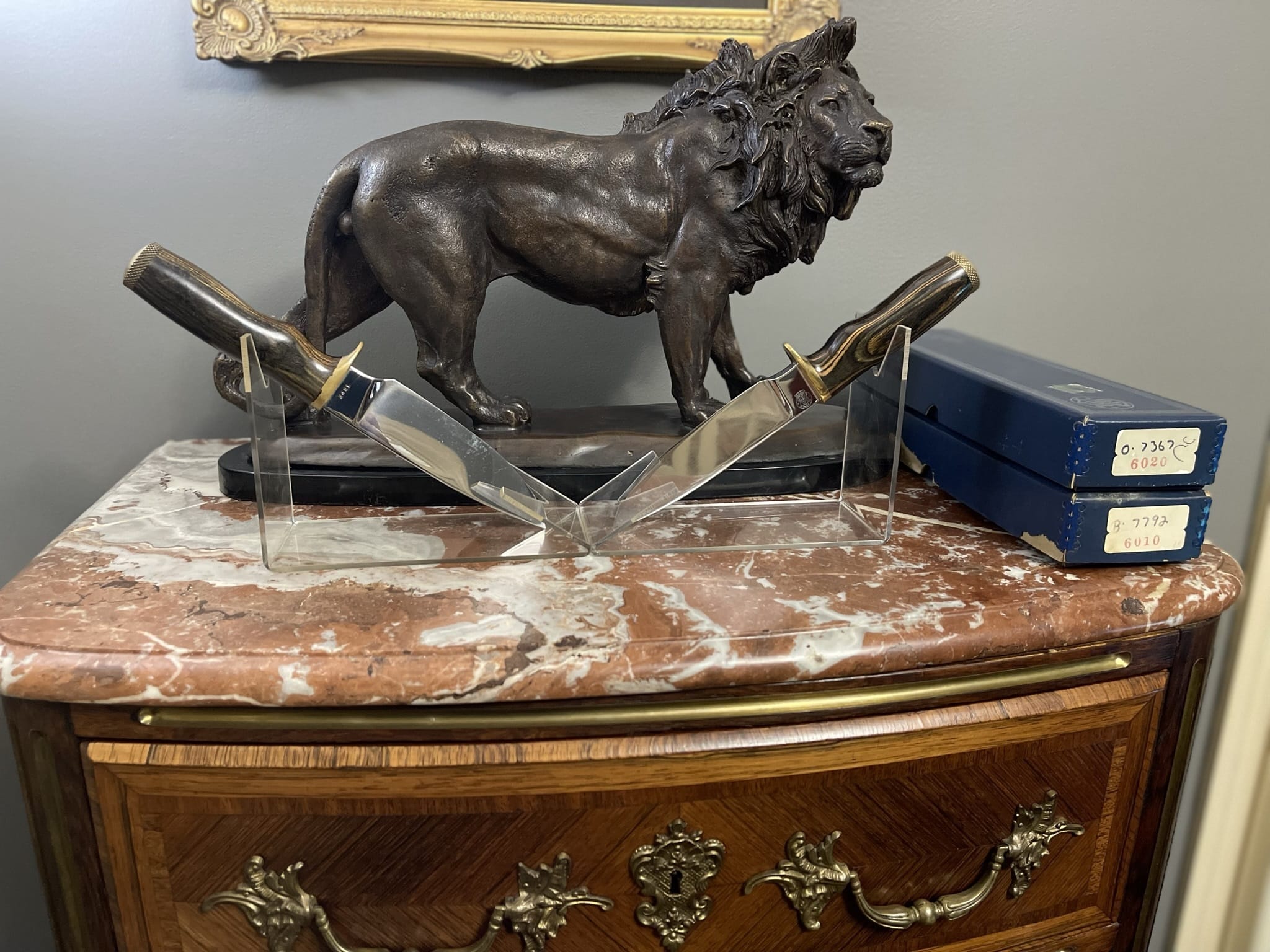Here are 10 steps to consider if you're interested in collecting old guns:
Research and education: Start by educating yourself about firearms, their history, and the various types of guns you're interested in collecting. Learn about the laws and regulations surrounding firearm ownership and collection in your jurisdiction.

Legal compliance: Ensure that you comply with all local, state, and federal laws related to firearm ownership and collection. These laws can vary significantly depending on your location. Obtain any necessary licenses or permits for firearm collection.
Safety and responsibility: If you plan to keep the guns in working condition, learn about gun safety and safe storage practices. Always treat firearms with the utmost respect and care. Store your firearms securely to prevent unauthorized access, especially if you have children or inexperienced individuals in your home.
Determine your focus: Decide on the type of guns you want to collect, such as antique firearms, historical military rifles, vintage handguns, or a specific manufacturer or time period. Consider whether you want to collect firearms in their original condition or if you're interested in restoration projects.
Networking and community: Join gun collector forums, local gun clubs, or historical reenactment groups to connect with other collectors and enthusiasts. Networking with experienced collectors can provide valuable insights, advice, and potential sources for acquisitions.
Sourcing and acquiring: Look for reputable dealers, gun shows, auctions, and online marketplaces to acquire old guns. Always ensure that you follow the appropriate legal procedures for acquiring firearms. Research the provenance and history of any firearm you consider purchasing, as this can significantly affect its value and historical significance.
Maintenance and preservation: Properly maintain and care for your firearms to preserve their value and historical integrity. Avoid over-cleaning or altering them unless you're an experienced gunsmith.
Documentation: Keep detailed records of your collection, including information about each firearm's history, acquisition date, provenance, and any restoration work performed.
Insurance: Consider insuring your gun collection to protect your investment in case of theft, loss, or damage.
Enjoyment and education: While collecting old guns can be an investment, it should also be an enjoyable and educational hobby. Use your collection to learn more about history, firearms technology, and the cultural significance of these artifacts.

